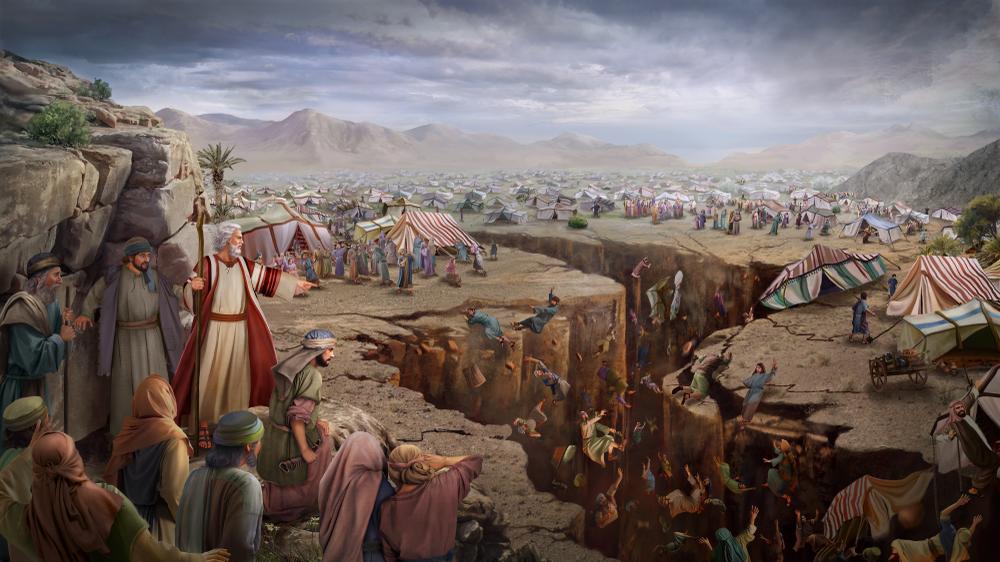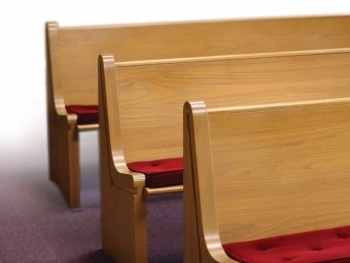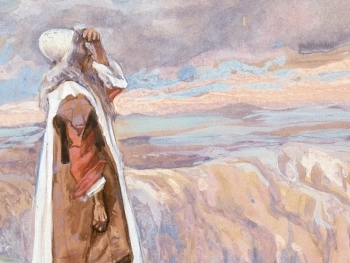The biblical account of the conquest of Jericho, as narrated in the book of Joshua, stands as a compelling and iconic tale of divine intervention. Archaeological excavations at the site of ancient Jericho have sparked both fascination and debate, as scholars seek to uncover the historical and archaeological secrets behind the famed city's walls. This article delves into the archaeological findings related to Jericho, shedding light on the layers of history and inviting contemplation on the intersection of archaeology and biblical narrative.
Biblical Account of Jericho's Conquest: The story of Jericho's conquest unfolds in Joshua 6. The Israelites, led by Joshua, are instructed by God to march around the city once a day for six days, with seven priests carrying trumpets. On the seventh day, after seven circumnavigations, the priests blow the trumpets, the people shout, and miraculously, the walls of Jericho collapse, allowing the Israelites to conquer the city.
Archaeological Excavations at Jericho:
- Kathleen Kenyon's Excavations: In the 1950s, renowned archaeologist Kathleen Kenyon conducted excavations at Jericho. Her findings challenged some traditional interpretations of the biblical narrative. Kenyon proposed that the city was destroyed in a series of occupational phases, and no evidence of a sudden collapse of the walls corresponding to Joshua's conquest was found.
- John Garstang's Earlier Excavations: Prior to Kenyon, archaeologist John Garstang had conducted excavations in the 1930s. Garstang's findings suggested a more sudden and dramatic destruction of Jericho's walls, aligning more closely with the biblical narrative. However, subsequent assessments questioned the dating and methodology of his work.
- Reassessment and Ongoing Research: In recent years, scholars and archaeologists have revisited the evidence from Jericho, applying advanced techniques such as carbon dating and stratigraphic analysis. The ongoing research aims to refine our understanding of Jericho's history and its potential correlation with the biblical account.
Controversies and Challenges:
- Dating and Chronology: One of the primary challenges in interpreting Jericho's archaeological record is establishing an accurate chronology. Different scholars propose varying dates for the city's destruction, leading to debates about the historical timeline.
- Nature of Destruction: The nature of Jericho's destruction remains a subject of contention. While some evidence points to violent destruction, questions persist about whether this aligns with the biblical narrative or reflects other historical events.
- Interpretation of the Walls: The interpretation of Jericho's walls, particularly their collapse, is a point of controversy. Some argue that the archaeological evidence suggests a gradual decay rather than a sudden collapse corresponding to the biblical story.
Theological and Historical Reflections:
- Interplay of Faith and Archaeology: The exploration of Jericho's archaeological secrets prompts a nuanced reflection on the interplay between faith and archaeology. While archaeological findings contribute valuable historical insights, the spiritual significance of biblical narratives extends beyond empirical evidence.
- Symbolism and Faith in Narratives: The biblical account of Jericho's conquest carries symbolic and theological weight, emphasizing the power of faith, obedience, and divine intervention. The narrative invites believers to consider the deeper spiritual truths conveyed through the events described.
- Historical Complexity: The complexities surrounding Jericho's archaeological record underscore the intricate nature of historical research. Interpretations are subject to ongoing reassessment as scholars incorporate new findings and methodologies.
Contemporary Significance:
- Interfaith Dialogue: The discussion around Jericho's walls provides a platform for interfaith dialogue, fostering understanding and respectful engagement between scholars and believers from different religious traditions.
- Archaeological Tourism: Jericho's archaeological site remains a destination for tourists and scholars alike, offering an opportunity to explore the layers of history and engage with ongoing research.
Jericho's walls stand at the crossroads of biblical narrative and archaeological exploration, evoking both curiosity and contemplation. As scholars continue to investigate the layers of history buried within the ancient city, the story of Jericho's conquest remains a testament to the intricate relationship between faith, history, and the ongoing quest to unravel the secrets of the past. The journey into Jericho's archaeological mysteries invites believers and researchers alike to appreciate the complexities inherent in interpreting the tangible remnants of ancient civilizations and the enduring spiritual truths embedded in biblical narratives.




